Undergraduate Degrees
Our Programs
The School of Computing offers three undergraduate degree programs each containing a strong and common technical core that emphasizes the development of programming and problem-solving skills. Each degree then layers on a different combination of additional coursework to augment the core.
We also have four minors that include interdisciplinary and artistic/technical disciplines.
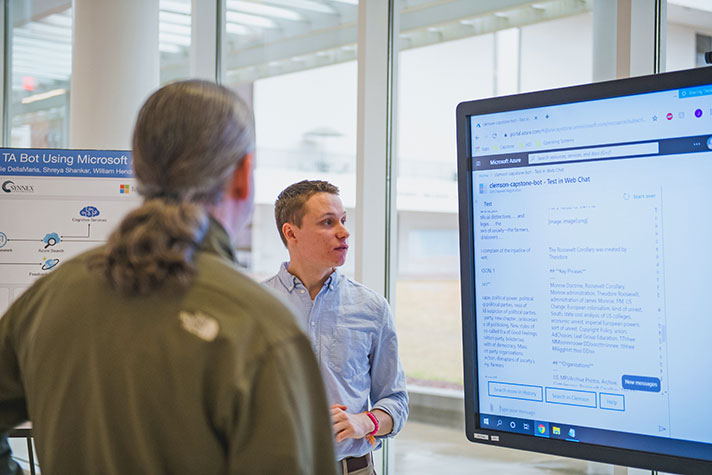
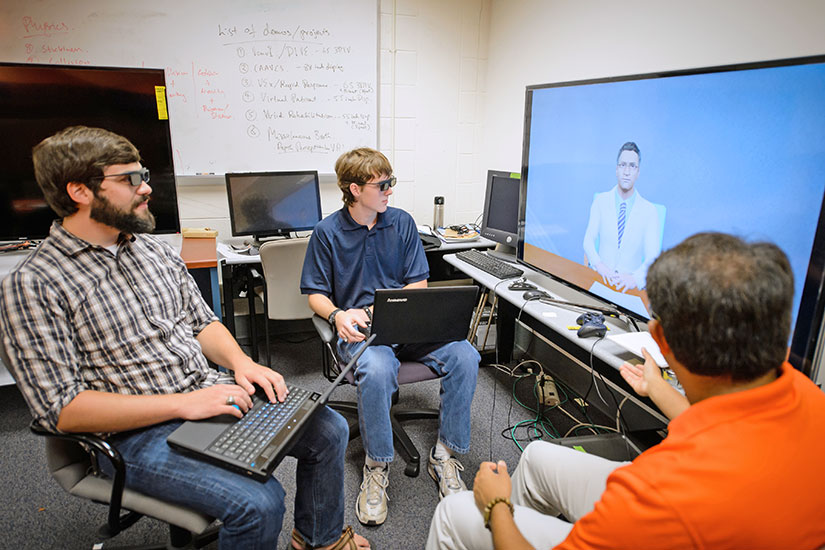
Bachelor of Science in Computer Science
The BS-CPSC program is oriented toward the design, implementation, and application of software systems to solve information processing problems. Students gain breadth within the computing discipline by taking foundational programming, systems, theoretical, and software engineering courses. In addition, BS-CPSC students gain depth within an area of computer science through the PATH requirement. Recent graduates work in a variety of cutting-edge careers, such as software engineering, computer security, and data science specialists.
B.S. | Computer ScienceBachelor of Arts in Computer Science
The BA-CPSC program is perfect for students who want to combine computer science with an additional field. Students in the BA-CPSC program gain solid foundational programming skills and choose their upper-level coursework to suit their career goals while also gaining exposure in another field through a required minor.
B.A. | Computer Science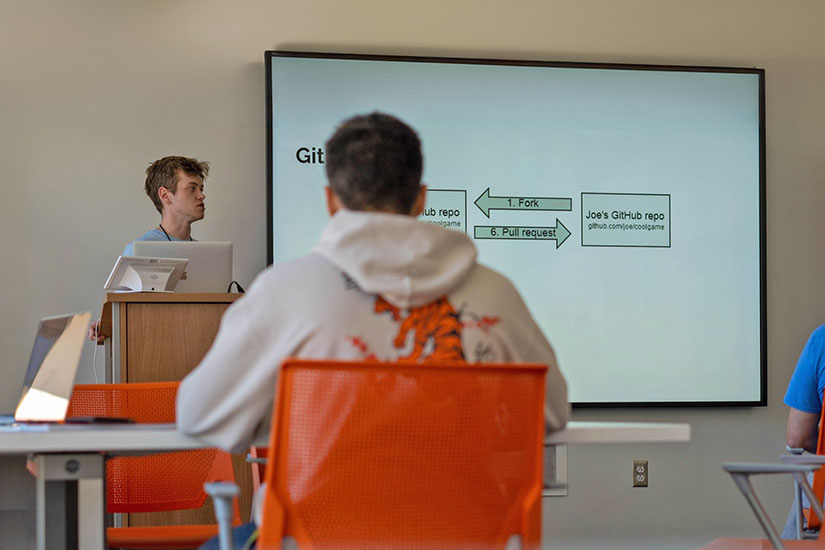
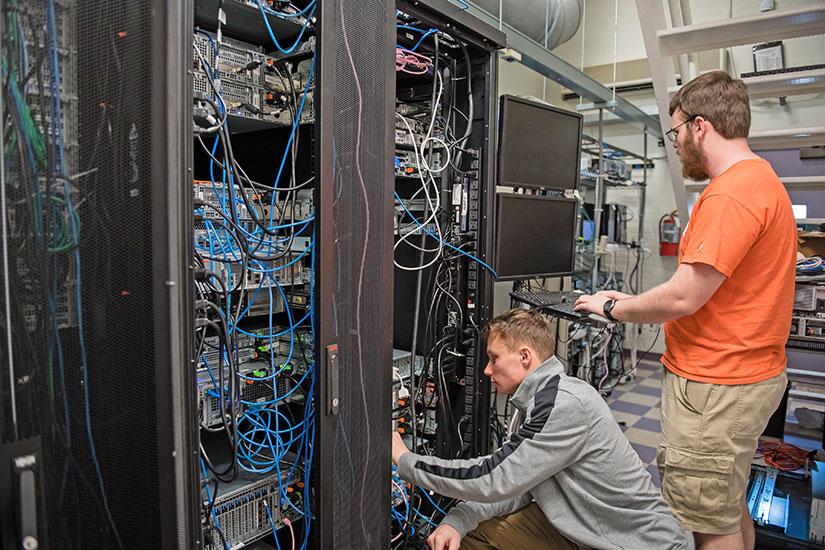
Bachelor of Science in Computer Information Systems
The BS-CIS program provides students with strong programming and problem-solving skills with a significant amount of coursework within businesses. Graduates are well-equipped for careers in designing and evaluating computer systems used within businesses. Recent graduates are working in careers related to systems design and analysis, application programming, database administration, and information retrieval, as well as for continued study toward an advanced degree.
CIS ProgramCombined Bachelors/Masters
The School of Computing offers a combined Bachelor to Master’s education plan, allowing students to apply up to nine hours of graduate (6000- and 8000-level courses) towards both bachelor's and master's degrees. Students participating in this program must have at least 90 semester hours (junior standing) and a minimum GPA of 3.4.
Combined Program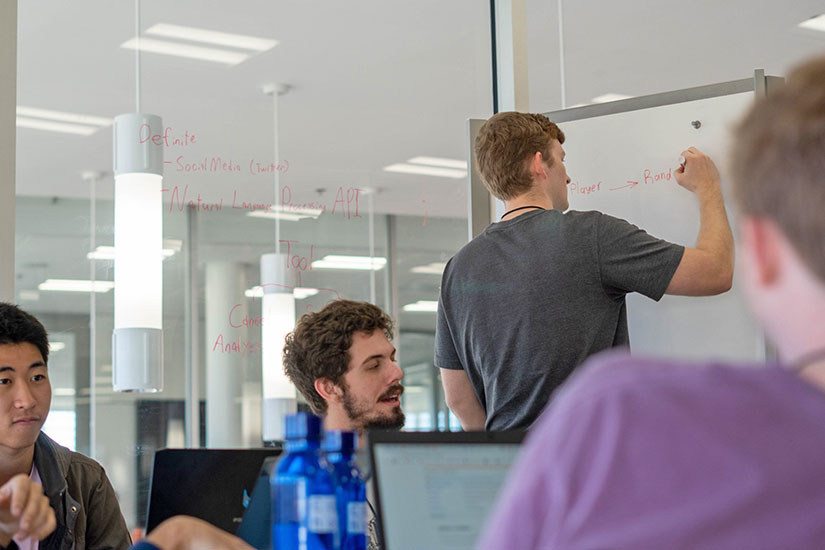
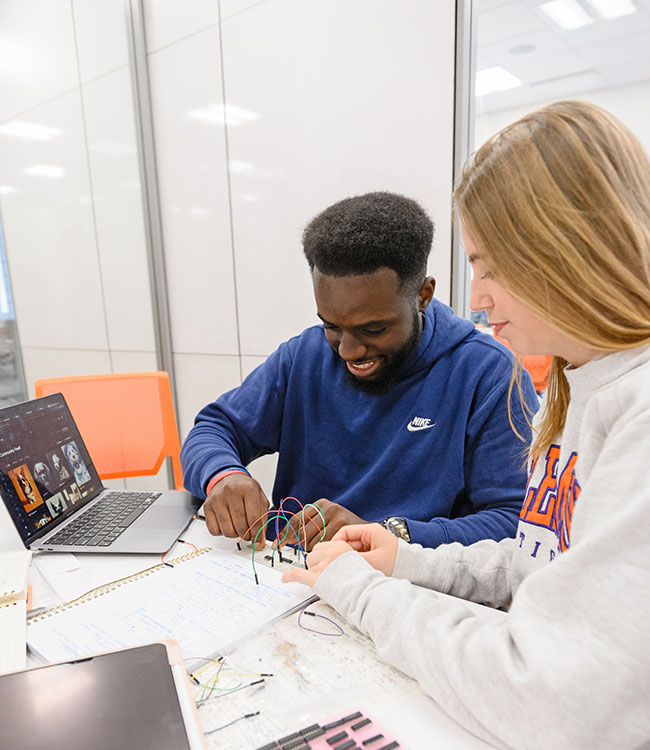
How are they different? Similar?
Differences
The programs share a common computer science core of programming fundamentals, data structures/algorithms, computer organization, and software development foundations but typically differ in requirements during the junior and senior years with different emphases in areas outside of computer science where:
- The BS-CPSC degree program requires more required mathematics, science, and advanced computer science coursework (e.g., advanced computer systems, theoretical computer science, information management, computer security, and software engineering).
- The BA-CPSC degree program requires four semesters of proficiency in a foreign language course and a minor outside of computing.
- The BS-CIS degree program requires business, accounting, and information systems coursework in addition to select advanced computer science coursework such as operating systems and networks.
Similarities
All three degrees (BS-CPSC, BA-CPSC, and BS-CIS) require demonstration of Advanced Writing and Oral Communication competency through the following:
Advanced Writing: ENGL 3040, 3120, 3140 (preferred), 3150, 3160, or 3303
Oral Communication: COMM 1500, 2500, HONS 2230
Visit the Clemson Registrar's page on changing academic programs to find out information on how to declare or change your major.
Artificial Intelligence
The new artificial intelligence minor allows students to gain foundational programming and statistical skills and available coursework in artificial intelligence, data science, and machine learning. The minor in Artificial Intelligence requires a minimum of 24 credits, including areas of programming fundamentals and statistical foundations.
AI Minor
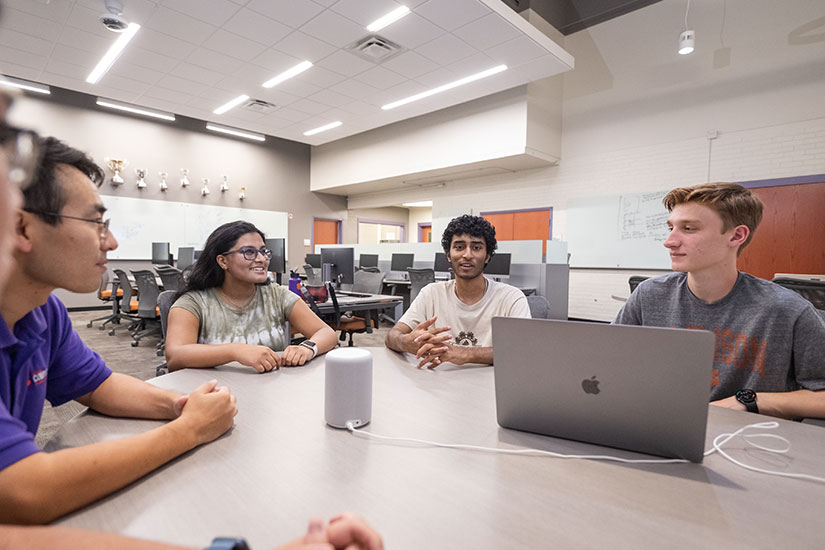
Computer Science
The computer science minor is designed for any student majoring outside of CS or CIS who wishes to add a technical component to their degree program. After completing an introductory computer science course sequence, students will delve further into the technical aspects of computers with classes such as software engineering and game design. Recent students minoring in computer science include electrical engineering, computer engineering, and business majors.
CS MinorCybersecurity
The Cybersecurity minor is an interdisciplinary program that provides students with a deeper study of cybersecurity topics than a conventional degree. Students select one of two paths and complete all courses, as well as an additional course from the approved cybersecurity course list. The minor requires 15 credits.
Cybersecurity Minor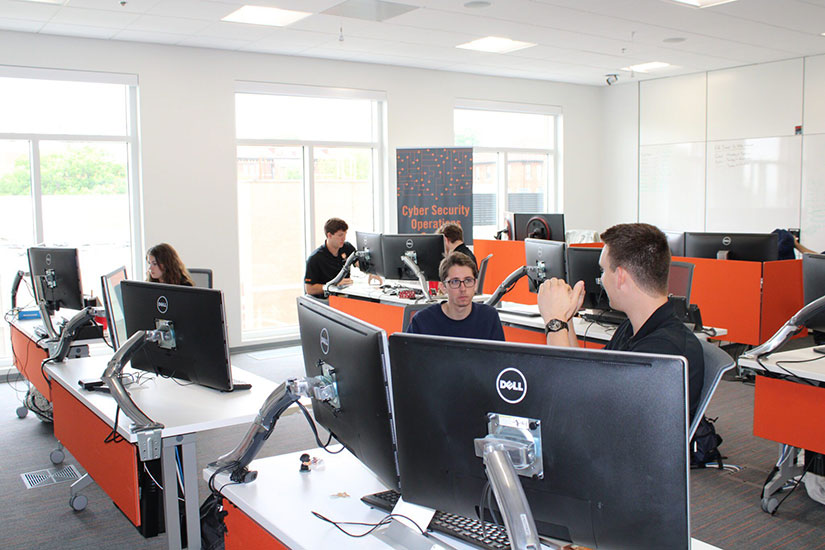
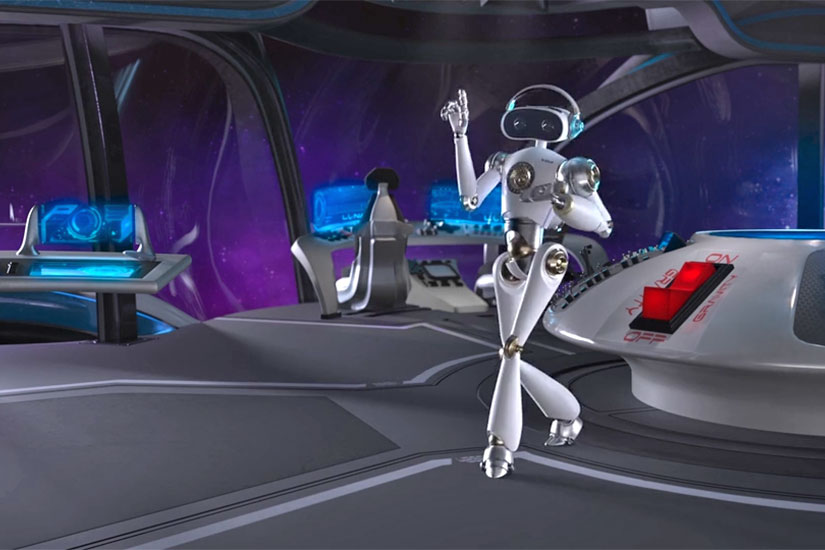
Digital Production Arts
The undergraduate minor in Digital Production Arts (DPA) is designed so that students receive significant training across the artistic and technical disciplines that underlie computer animation, visual effects, computer games, graphics and animation production that incorporates the industry-standard application Maya. The Minor is especially well suited for students wishing to pursue graduate study in Digital Production Arts. This minor is jointly administered by the Department of Art and requires at least 15 credit hours.
DPA Minor